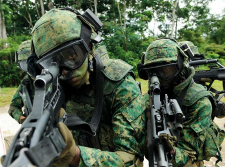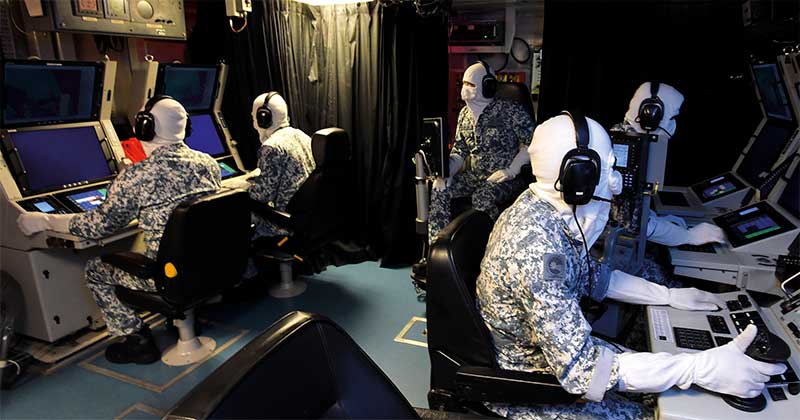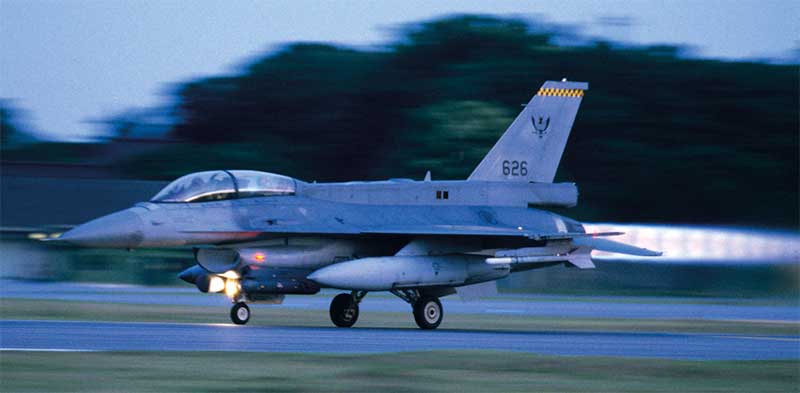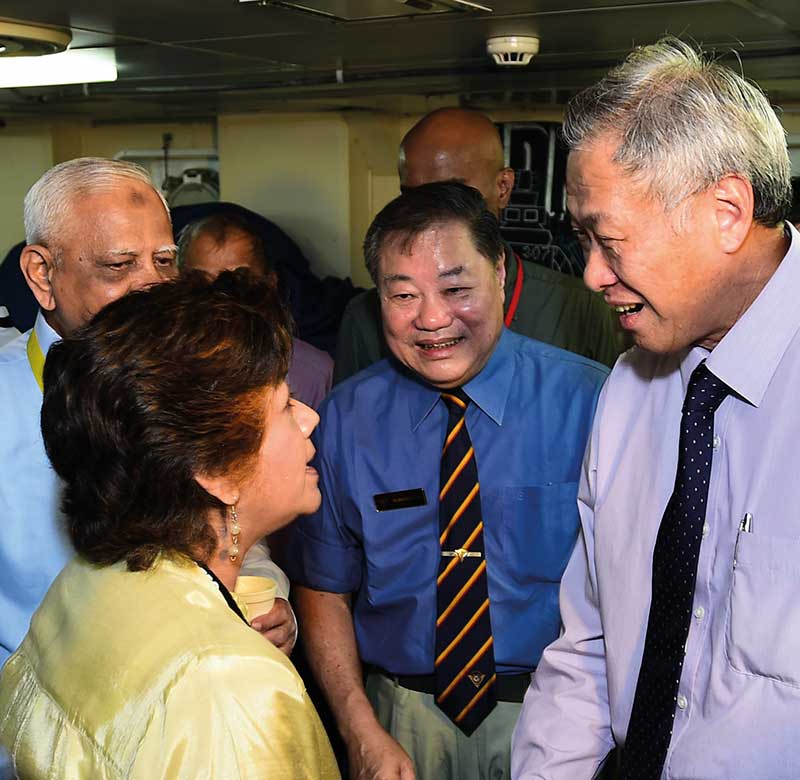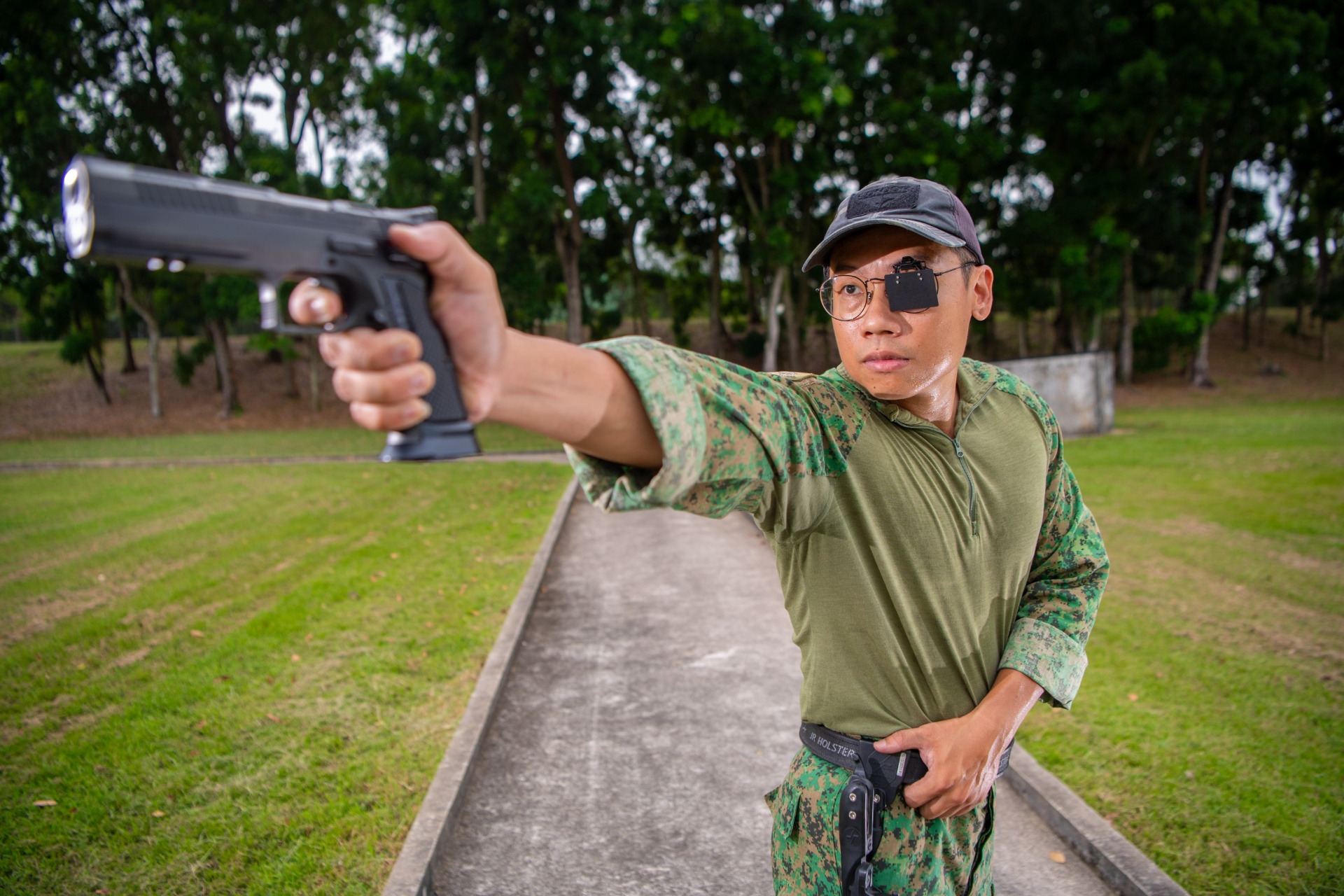TECHNOLOGY
TRANSFORMING TO TACKLE NEW CHALLENGES
11 Aug 2015

Defence Minister Dr Ng Eng Hen considers how far the Singapore Armed Forces (SAF) has come in half a century, and how much further we can go.
Over the last 50 years, the SAF has made dramatic progress. From sailing in wooden boats and working with hand-me-down radio sets, soldiers today operate Leopard tanks, command stealth frigates and fly Unmanned Aerial Vehicles (UAVs). With new threats constantly emerging, the SAF has grown and evolved to tackle these challenges head-on.
In an interview with the media on 26 Jun, ahead of SAF Day on 1 Jul, Dr Ng paid tribute to the pioneer generation who believed in the cause of national defence, and examined the SAF's transformation as it moves ahead.
Becoming a networked force
"Our strategy for the SAF has never been to compete with numbers It's always been with superior skills and knowledge, intelligence, information and technology."
To enable soldiers to sense their environment and respond faster, Dr Ng revealed that the SAF would be introducing new and better assets. For example, the Republic Singapore of Air Force (RSAF)'s F-16 fighter jets will be upgraded.
The F-16s, which started service in 1998, will get a new radar system that will extend its detection range and enable it to track and engage multiple targets from greater distances.
It will also come with datalink capabilities and an advanced helmet-mounted display that will give pilots superior situational awareness. The upgrade will commence next year in phases over five to six years.
Beyond the individual pieces, there is a greater network that links the SAF's hardware together. "What it means is that any individual (soldier) is able to see a wider area and with more precision," said Dr Ng.
Cyber warfront
"Hybrid warfare means softening the belly of a target nation for many years and finally bringing it down to its knees, because people have lost the will through misinformation, or through prepositioning (that) reduced the ability (of the target nation) to respond Small states like Singapore are particularly susceptible. As with many other countries, we are beefing up our cyber soldiers."
Hybrid warfare, which played out in Ukraine, is one of the emerging threats that can come our way. And cyberspace, which allows hostile elements to cripple systems, steal secrets and spread disinformation to weaken morale, is a key frontier for such battles.
Following the establishment of the Cyber Defence Operations Hub in 2013, Dr Ng said that more Regulars and NSmen (Operationally Ready National Servicemen) could expect to be deployed in cyber operations to guard against cyber threats. This would also enable non-combat fit soldiers to play a bigger role in national defence, allowing them to be deployed on a fundamentally different warfront.
Bigger roles for NSmen
"Modern systems will require national servicemen to do more and take on more and higher responsibility (and assume) higher positions of command. I'm confident that they can (do so) because they are better skilled, better equipped, just as committed, and we will have to train them to be able to do this."
With Singapore's birthrates falling and leaner, more modern, integrated systems in the SAF, Dr Ng noted that NSmen could expect to be called upon to take on bigger responsibilities in the SAF.
For example, the Republic of Singapore Navy recently became one of the few navies in the world to deploy ships fully run by reservist forces when it introduced seven units completely staffed by NSmen. One of these is missile corvette RSS Vigilance, which is operated fully and independently by NSmen.
Celebrating successes
"The founding leaders and pioneer generation were thoroughly convinced that Singapore needed to be defended It was an emotional conviction borne out of a personal experience having undergone what it meant being defenceless and depending on others, then watching your country fall."
Having witnessed Singapore's tumultuous early days, our pioneers understood the urgent need for a reliable defence force. It was their spirit that had enabled the SAF to grow and become a globally respected force 50 years later, said Dr Ng.
Thus he believed that it was important for the SAF to celebrate its Golden Jubilee. Key events in the year-long festivities included SAF50@Vivo in February, the SAF Day parade and dinner, as well as the launch of an SAF50 book by Prime Minister Lee Hsien Loong on 24 Jul. Written by individuals from all walks of life, the book contains 67 personal stories about the SAF.
"The aim (of SAF50) is to commemorate and celebrate, to recognise that there has been a long journey, but a very transformational one, a very successful one," he said.
ALSO READ IN TECHNOLOGY
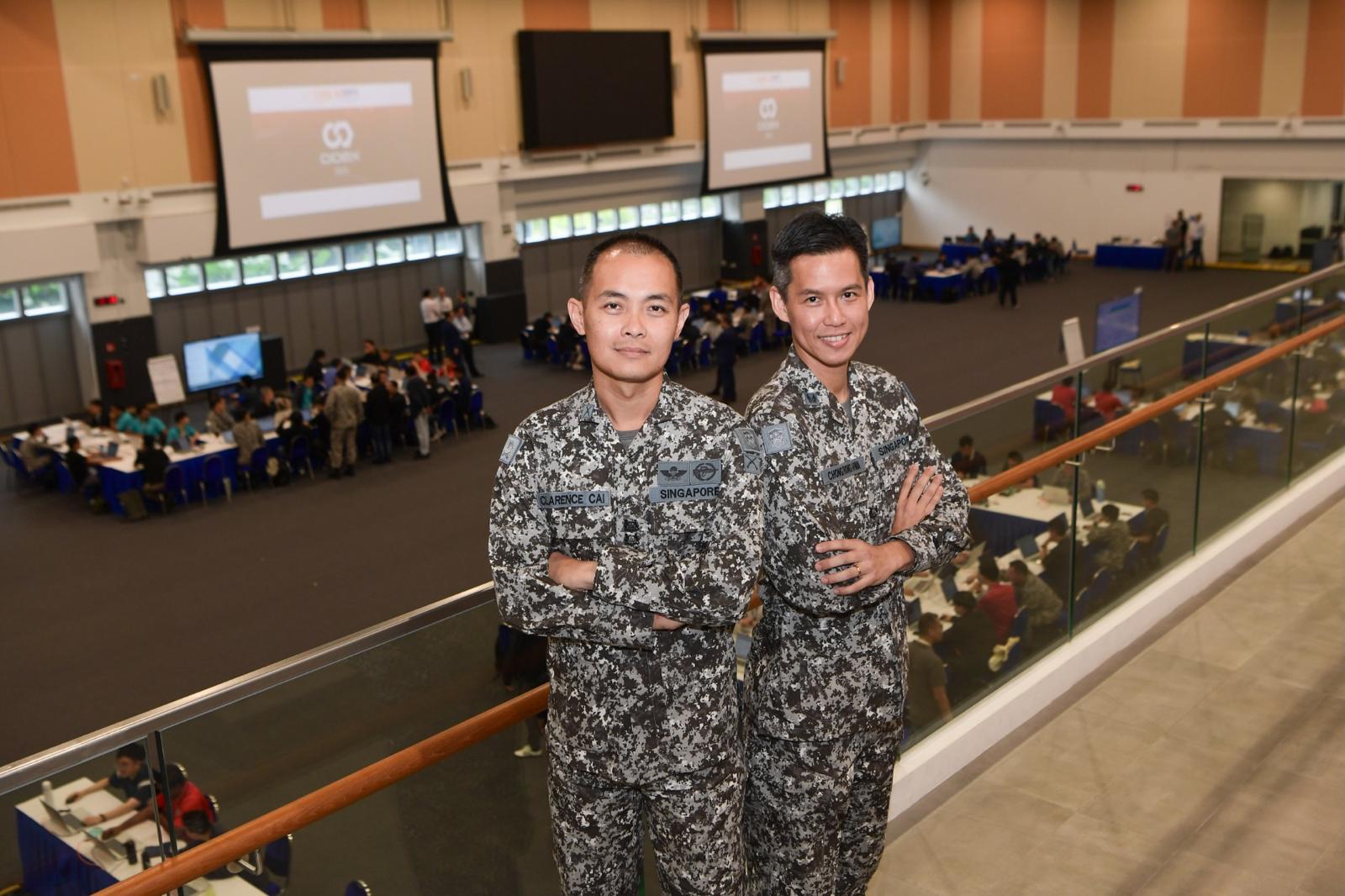
AI joins the fight in national cyber defence exercise
12 Nov 2025
AI and closer collaboration among agencies and industry are taking centre stage in this year’s Critical Infrastructure Defence Exercise (CIDeX).
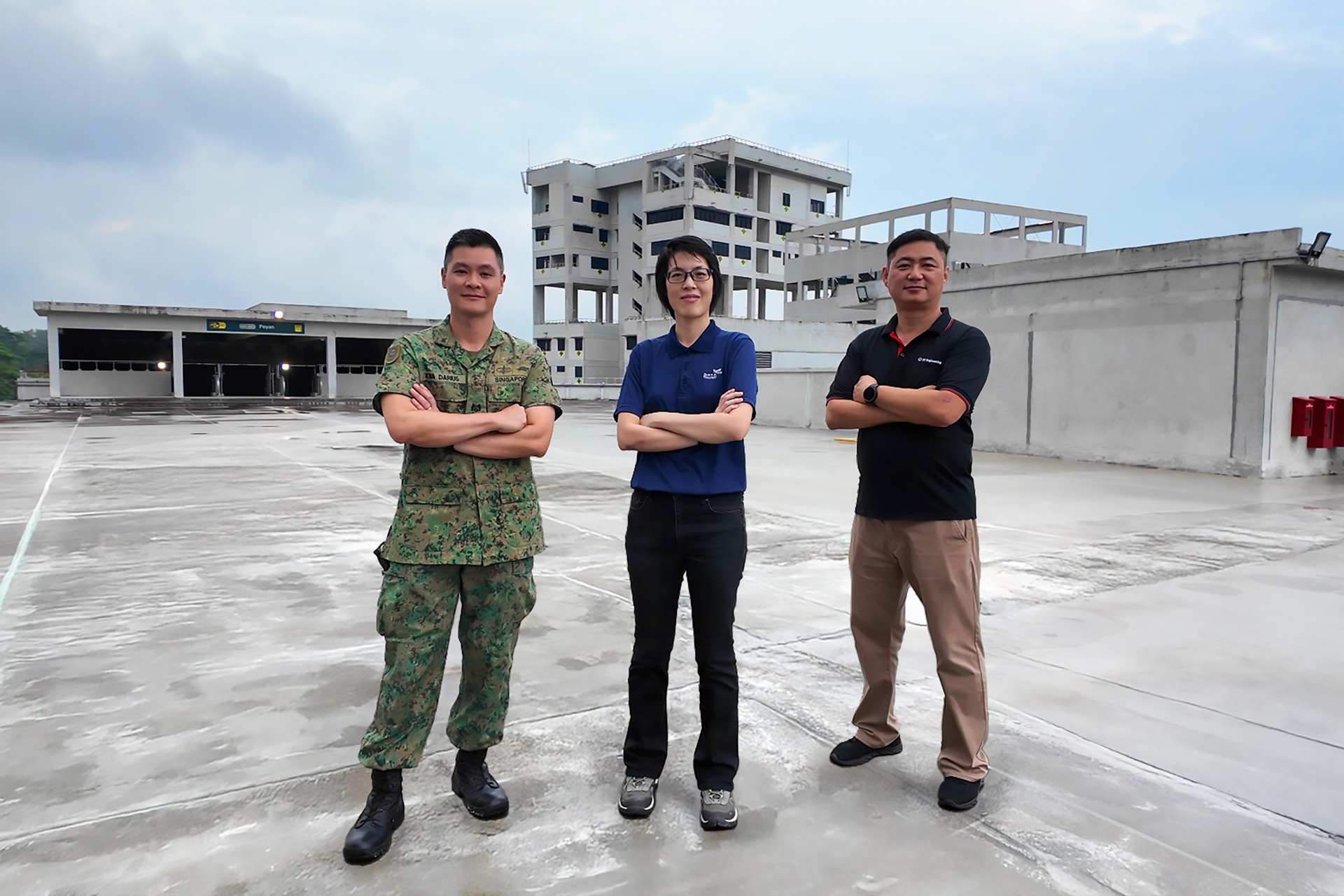
They built this city
01 Oct 2025
Turning vision to reality: the team behind SAFTI City clinches the Defence Technology Prize 2025 Team (Engineering) Award!
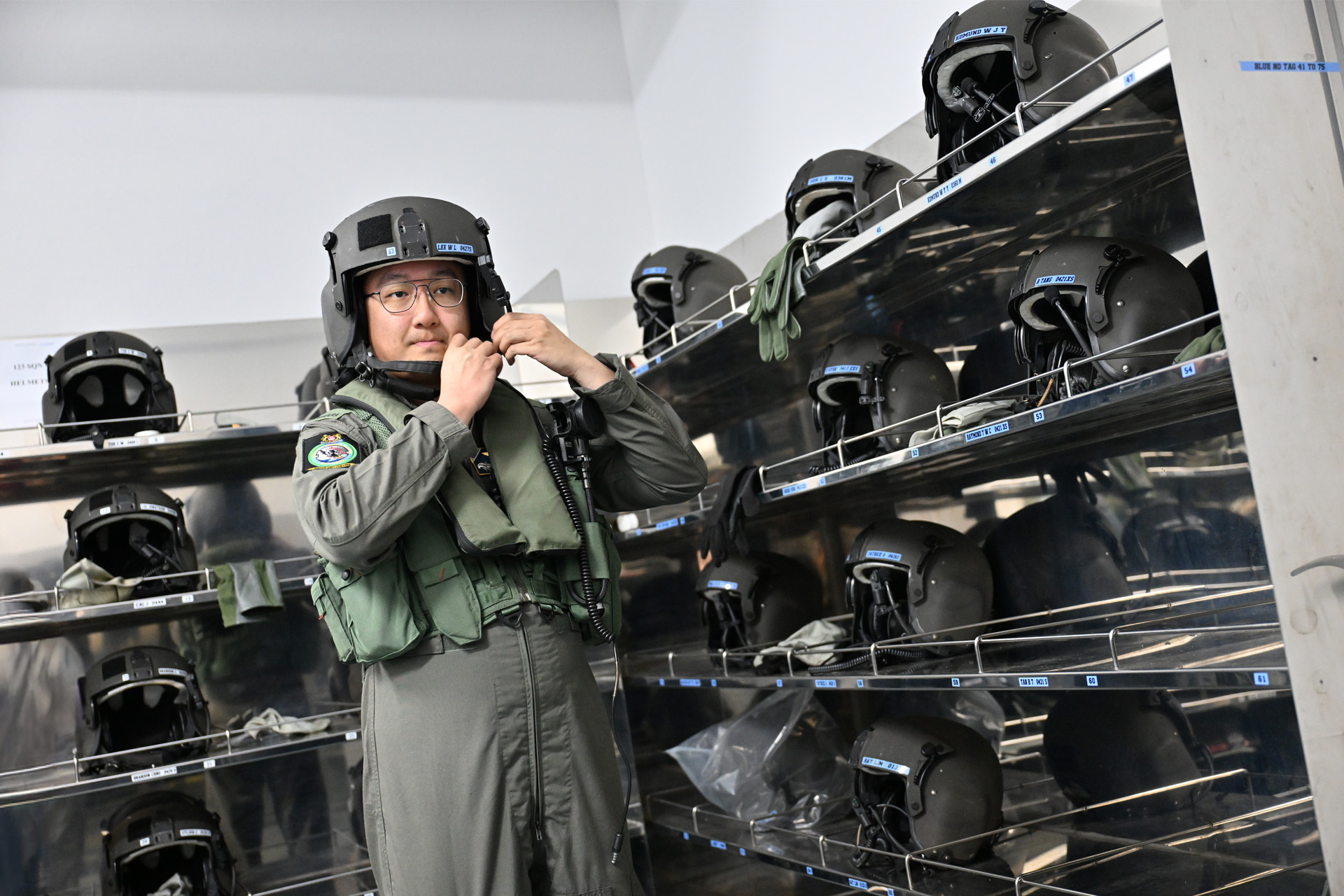
Operating over skies & seas
22 Aug 2025
This gear is designed to help a Sensor Supervisor survive emergencies in the air and at sea.

